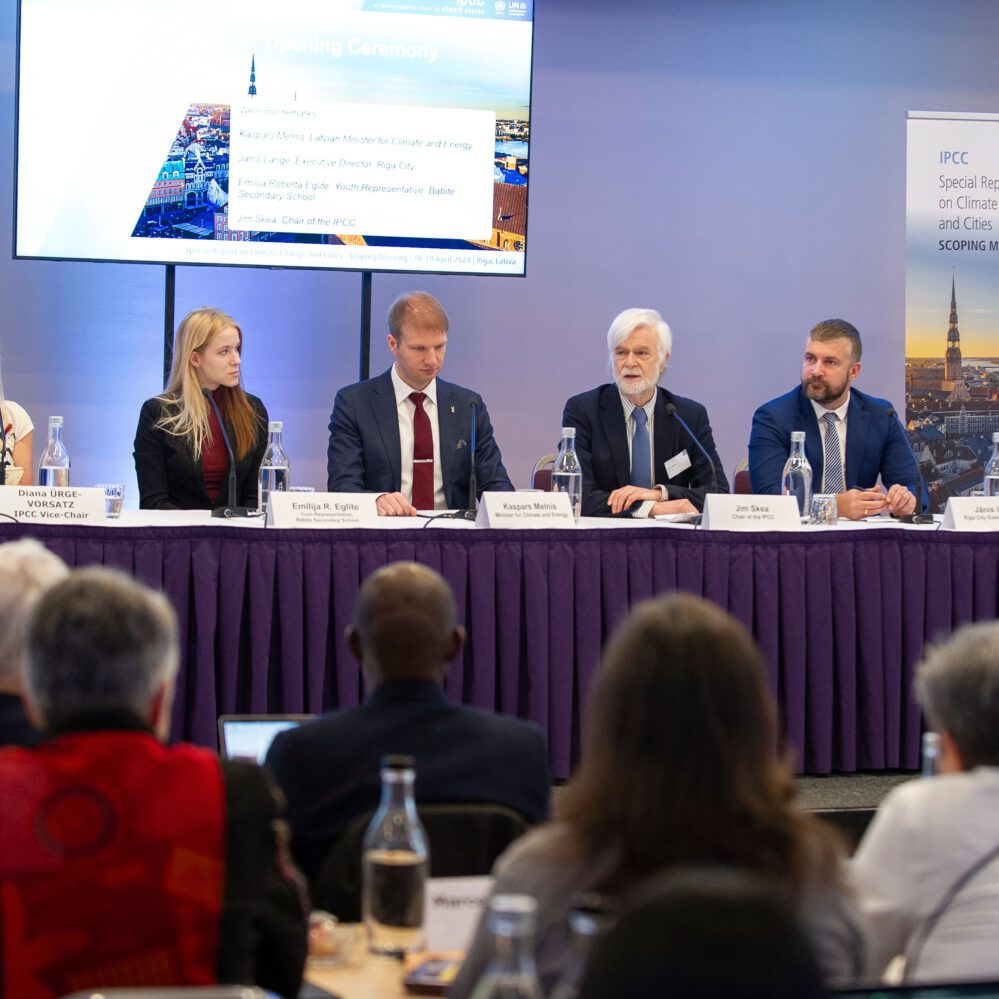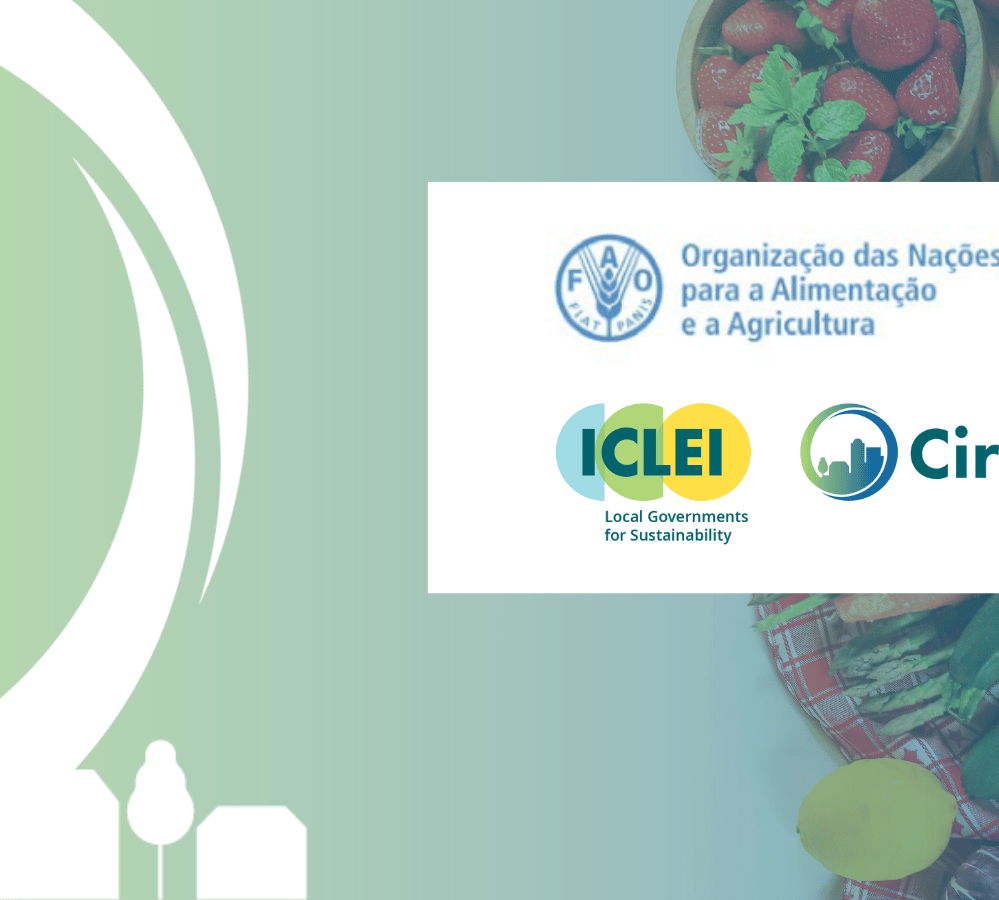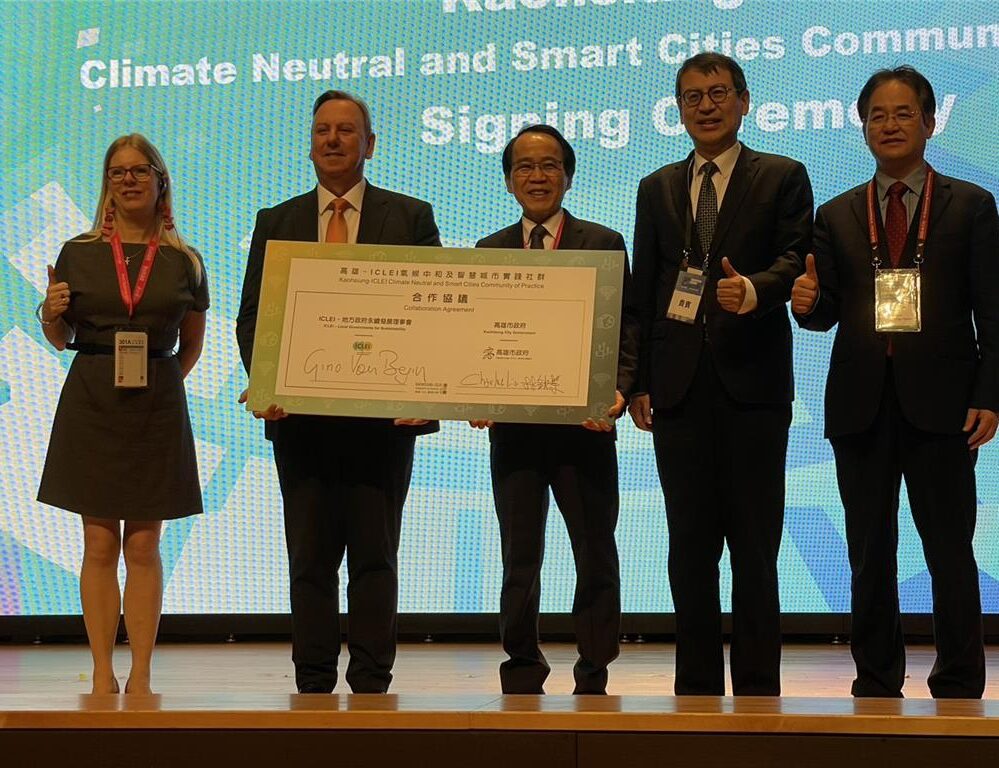Packaging makes up approximately 36% of all plastics produced worldwide, and most of it is used only once before being thrown away. Cities are overwhelmed by single-use packaging waste, especially from food and beverage products.
At the global level, progress on plastics has stalled. The last round of negotiations of the Intergovernmental Negotiating Committee (INC-5.2) in August 2025 to develop an international legally binding Plastics Treaty failed to reach an agreement. But cities still have the opportunity to act. By moving away from single-use systems, they can achieve major emissions savings. Well-designed and scaled reuse solutions have the potential to reduce greenhouse gas emissions by up to 70% compared to single-use systems.
To support cities, ICLEI has released the City Practitioners Handbook: Reuse Starter Kit for Food and Beverages, a step-by-step guide to help local governments kickstart reuse systems.
“This Handbook places reuse within the broader circular economy transition and gives city practitioners clear entry and actionable points to help cities shift from reactive waste management to proactive, resilient solutions,” stated Dr. Magash Naidoo, Head of the Circular Development team at ICLEI World Secretariat, during a recent Daring Cities webinar marking the Handbook’s official launch.
This new resource draws on experiences from the ICLEI network and its Circular Development pathway, and learnings from the project Circular City Labs (CCL) – Testing reusable packaging systems in cities.
At the heart of the handbook is a three-step process that helps cities determine “what” to focus on, “who” to involve, and “how” to move from intent to implementation. This approach brings together priority interventions along the food-and-beverage value chain and stakeholder mapping.
The Handbook also features ICLEI’s Policy Toolbox, spanning four levers to stimulate the uptake on reuse interventions:
- Regulation, such as bans on single-use plastics or mandates for sorting and collection.
- Economic instruments, like tax incentives, eco-fees, or sustainable procurement.
- Cooperation, involving voluntary agreements with retailers, manufacturers, and hospitality sectors.
- Education and knowledge, to shift public perception and build institutional capacity.
Thirteen global case studies from cities across Europe, the US, Latin America, Africa, and Asia, showcase diverse approaches to introducing reusable packaging systems. From city events, such as festivals and marathons, to food services, each example highlights key features, outcomes, and lessons learned, offering valuable insights into how reuse systems can contribute to circular economy goals while addressing local challenges and opportunities.
Together, these tools provide municipalities with actionable points to embed reuse into urban systems, showing how reuse can cut waste and emissions while strengthening local economies and community resilience.
The Circular City Labs (CCL) project is carried out by Deutsche Gesellschaft für Internationale Zusammenarbeit (GIZ) on behalf of the German Federal Ministry for Economic Cooperation and Development (BMZ), with ICLEI as a supporting partner. It is funded through the BMZ Initiative for Climate and Environmental Protection (IKU).
Download the handbook here.
Watch the Handbook’s official launch at the Daring Cities Virtual Forum session, “How can cities shift from single-use to reuse?,” held on 27 August 2025.





